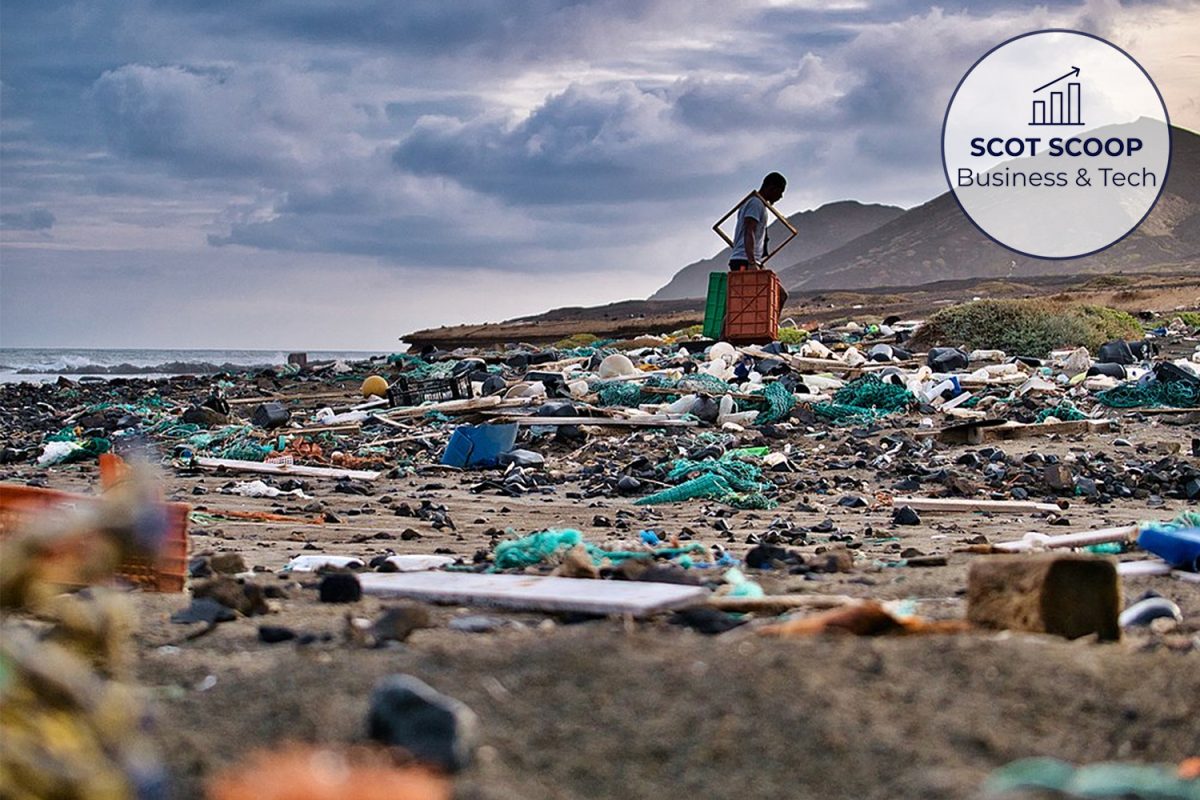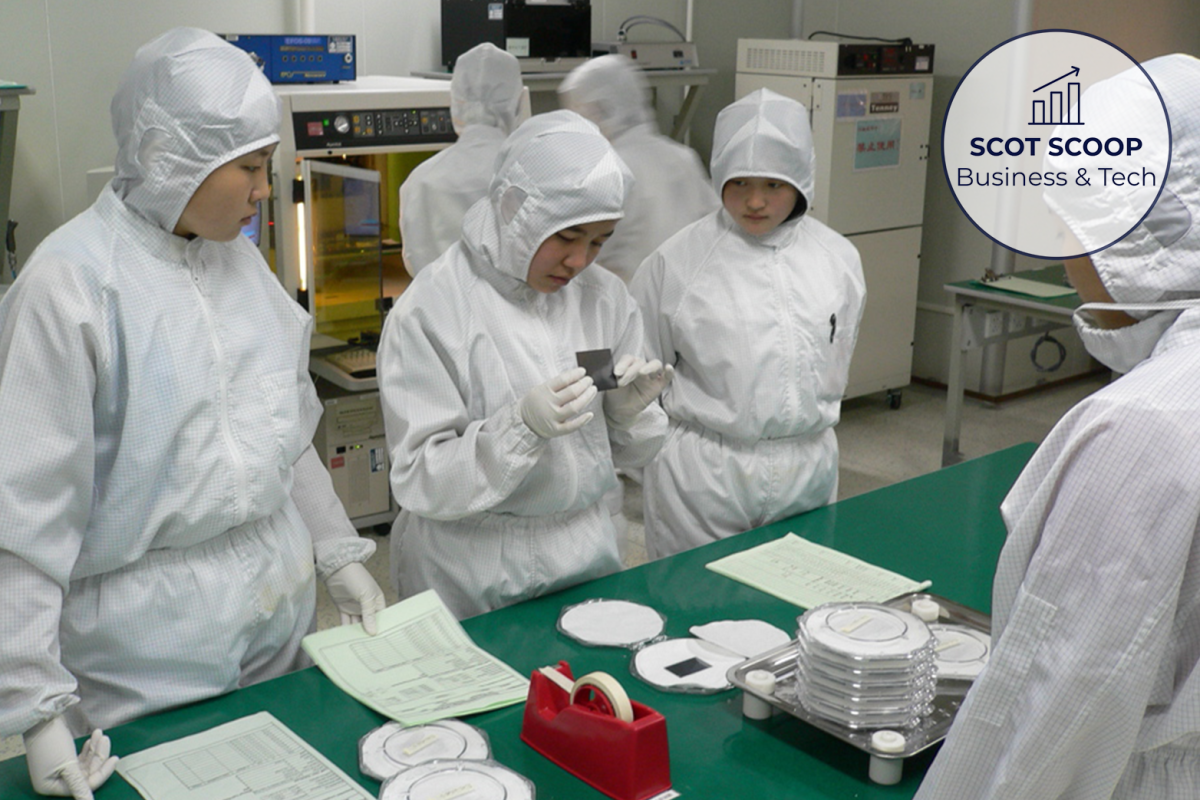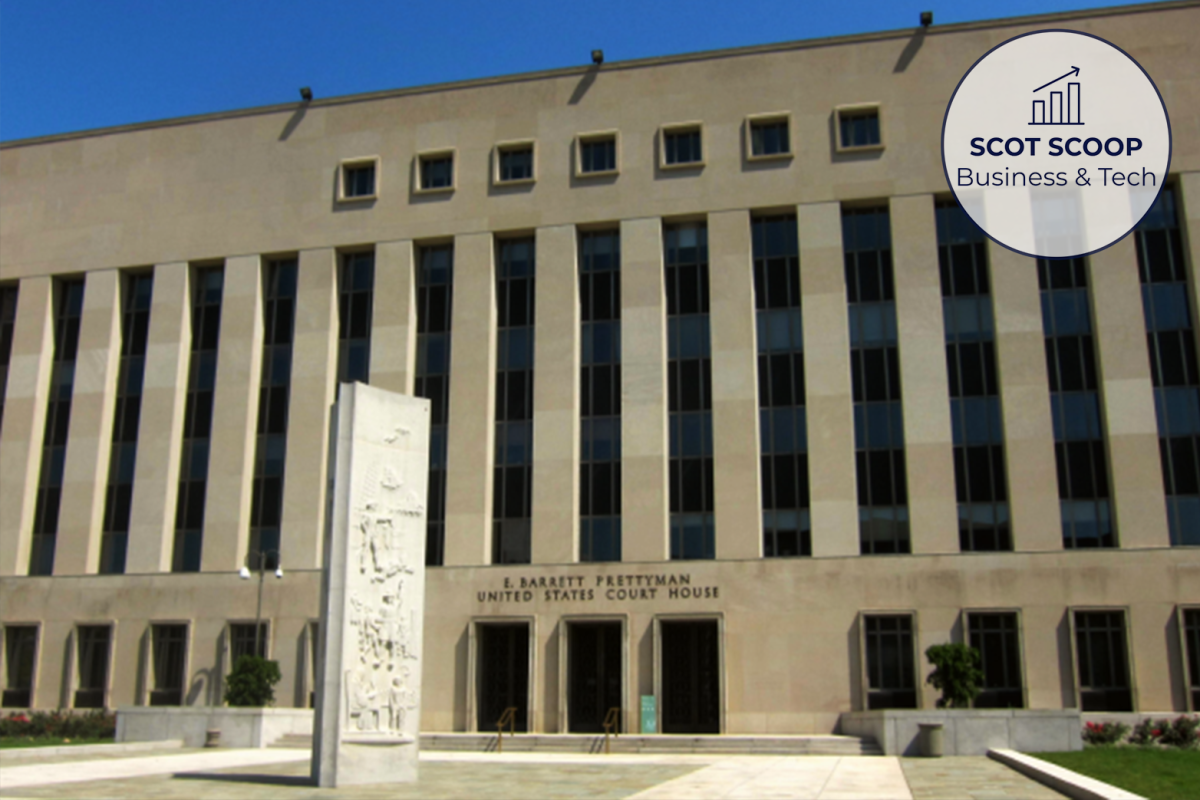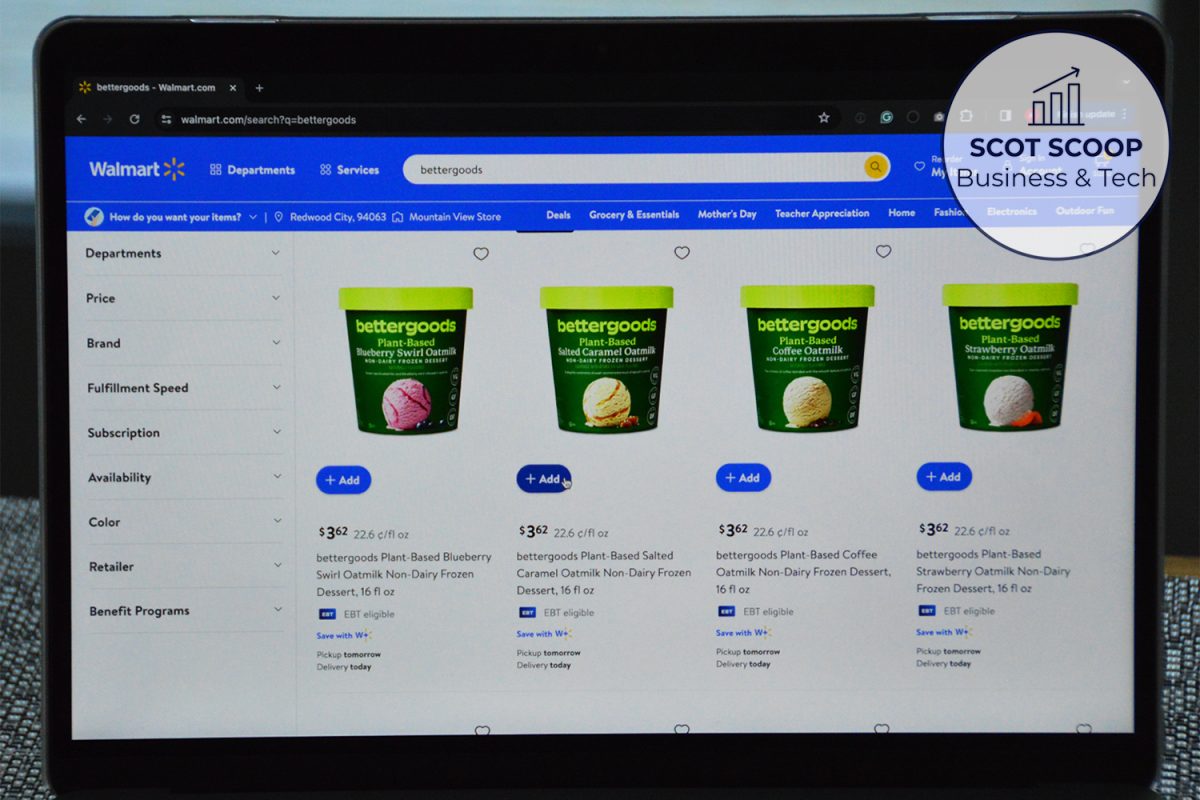Plastic pollution is one of the most significant environmental threats, not only harming the earth, but also adversely affecting human health. The negative effects, such as the emissions associated with it, threaten the sustainability of various current plastic waste treatment methods.
Carbios’ process
Carbios, a French company created in 2011, has found a cleaner alternative solution to break down and recycle plastic by utilizing enzymes, which are proteins that accelerate chemical reactions for plastic polymers’ efficient and sustainable degradation.
Carbios accomplishes this by directly integrating enzymes into manufacturing flexible or rigid polylactic acid (PLA), used as biodegradable plastic and packaging without changing production lines. Doing so allows the enzyme to become active when met with biowaste and under composting conditions (temperature, humidity, pH, etc.) to completely disintegrate and biodegrade the plastic, which can then compost into soil.
Implementing a circular economy can extend the functional lifespan of plastics while concurrently reducing waste, conserving resources, and enhancing overall efficiency. Utilizing enzymes to degrade plastic polymers and textiles for industrial purposes hasn’t previously been a commonly utilized practice in the biotech and environmental industry.
The startup intends to capture 4-8% share of the global recycled plastic market by 2030 and 8-12% by 2035 while consolidating its science-based leadership. This market share would make them a major supplier of all plastic in the United States and other countries currently facing major plastic pollution problems. Recent plans are expected to finish in 2025 for a new plant that will have a processing capacity of 50,000 tons of post-consumer plastic waste per year.
A study by Graduate Student Kayla Vasarhelyi at the University of Colorado Boulder represents the danger of plastic pollution to the environment.
“Single-use plastic is produced from fossil fuels, and extracting and creating these plastics emits vast amounts of greenhouse gases. It is estimated that just the extraction of these fossil fuels and their transportation to plastic factories emits 1.5 to 12.5 million metric tons of greenhouse gases,” Vasarhelyi wrote in her study.
Alongside the pollution of plastics after their lifespan, the emissions are detrimental to the global climate change crisis. Carbios’ impact and the shift of other plastic companies to this process could drastically lower plastic pollution worldwide and prove to be an essential shift for many consumers and companies involved with plastic.












